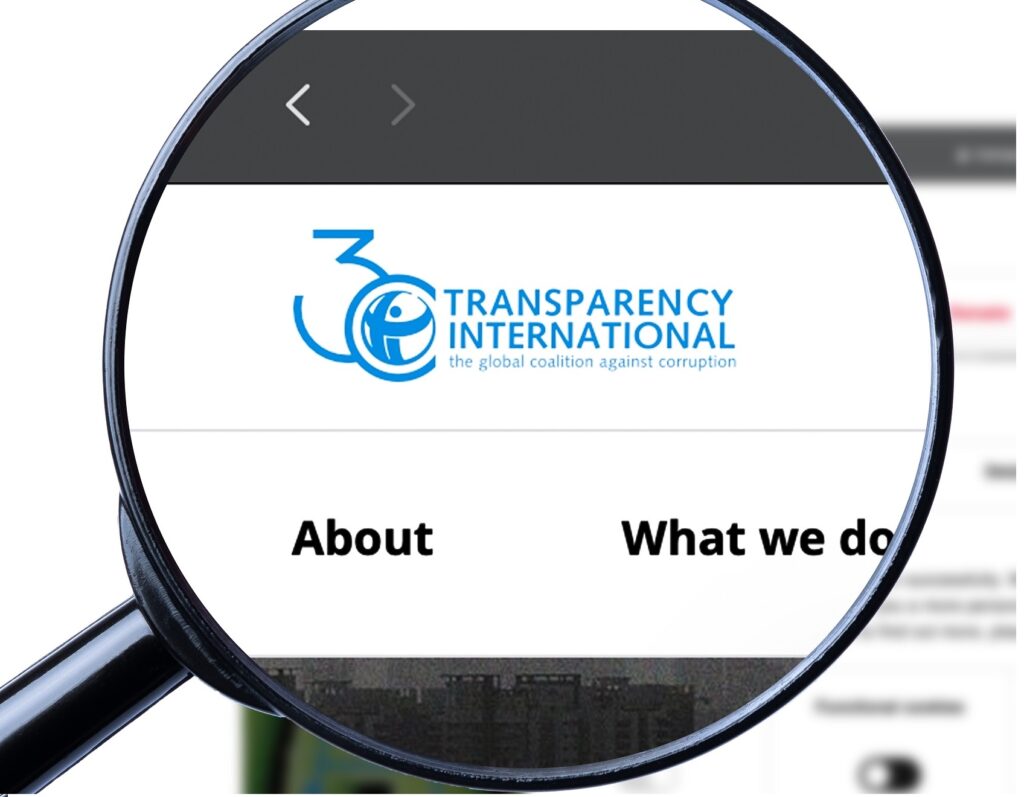
BERLIN: Transparency International released the 2024 Corruption Perceptions Index (CPI), revealing a significant decline in scores for Western Europe at a pivotal time.
The report highlights the pervasive nature of corruption and the urgent need for stronger measures to combat it. The CPI, which ranks 180 countries by their perceived levels of public sector corruption, underscores the challenges faced by democratic institutions and the importance of maintaining transparency and accountability.
The overall average score for Western Europe dropped, signaling a concerning trend. Experts attribute this decline to various factors, including political instability, weakened rule of law, and insufficient anti-corruption efforts.
The report calls for immediate action to address these issues and restore public trust in democratic processes.
Transparency International’s chair, Delia Ferreira Rubio, emphasized the critical importance of addressing corruption to ensure a fair and just society. The organization urges governments, businesses, and civil society to work together to strengthen anti-corruption frameworks and promote integrity.
In nations with pervasive corruption, transparency in environmental decision-making is compromised, leading to unfair outcomes and the destruction of natural resources.
Even in countries with relatively low perceived corruption, the influence of lobbying presents additional challenges. Powerful corporate interests often shape or block climate policies to favor short-term profits over long-term environmental sustainability.
This results in watered-down regulations, delays in the transition to renewable energy, and insufficient action to meet international climate commitments.
Large-scale corruption, backed by sophisticated international money laundering networks, empowers autocrats, enriches private actors illicitly, and weakens democracy worldwide.
Transparency International emphasizes that no nation is immune to corruption, and ignoring it comes at a cost the world can no longer afford. Every country has a role to play in combating corruption.
The CPI ranks 180 countries and territories based on perceived public-sector corruption by experts and businesspeople, relying on 13 independent data sources. The CPI uses a scale from zero to 100, where zero signifies highly corrupt and 100 signifies very clean.
The CPI underscores the stark contrast between nations with strong, independent institutions and free, fair elections, and those with repressive authoritarian regimes.
Full democracies have an average CPI score of 73, while flawed democracies average 47, and non-democratic regimes just 33. This highlights the importance of democracy and strong institutions in effectively combating corruption.
Similarly, countries with guaranteed and protected civic space tend to control corruption better. Those where freedoms of expression, assembly, and association are safeguarded score relatively well on the CPI, while those lacking these freedoms generally have very low scores.